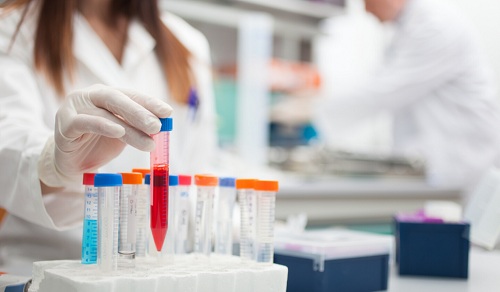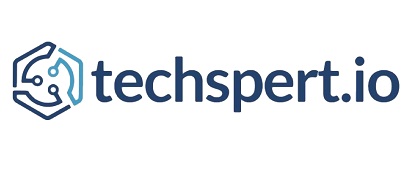Never has the spotlight shone brighter on the pharmaceutical industry. With the coronavirus continuing to claim lives across America, the stakes are high for companies developing drugs that effectively treat its symptoms or, better still, offer a vaccine to control its spread.
But the pharmaceutical industry is already notorious for its high risk and cost of failure. 95% of drug development projects fail and, for every drug approved by the FDA, there are hundreds rejected.
Faced with such challenges, we often naturally turn to technology for solutions – new ways to digitise processes for greater speed, convenience and cost-efficiency.
However, whilst technology has unarguably changed the face of business, not everything has become easier as a result. Drug development is a good example. Entire industries still come and go in the time it takes to develop a single new drug, and the average cost of taking a drug from lab to market now stands at an astonishing $2.6 billion, a figure that has risen 145% during a decade of digital transformation.

Human-led biomedical innovation
Despite technological advances, biomedical innovation remains largely reliant on human-led processes, testing and decision making.
Being able to access the deepest scientific, clinical, and technical understanding at every stage of this vastly complex process is essential. While clinical testing is a critical part of the research process, it is the human element that drives up the time involved. Time to find the right expert advisors, identify the right participants, and to administer closely controlled, meticulously regulated research.
It’s incredibly difficult for organisations to access the high precision niche insights needed to inform the strategic direction of these trials, which explains why a reduction in the time it takes to bring a drug through trials has been accompanied by a reduction in the success rate, down to just 12%.
And then there’s the cost. Clinical trials in the U.S. have, over the last 10 years, increased in size and complexity, with a greater focus on targeting chronic and degenerative diseases, all of which additionally increases expenditure.
Boosting success with human insight
Pharmaceutical institutions must find new ways to boost their development success rate and bring down costs. Whilst machine learning may provide some of the answers by finding new insights in large health data sets, drug development in the foreseeable future is going to remain highly reliant on accessing the very best human expertise.
The problem with accessing that specialist expertise is two-fold: firstly, what sort of expertise is required, and secondly, how can a pharmaceutical company go about finding the real experts on the subject?
Human-led market research in this area is deeply problematic – there is far too much information on the web for a human to find and process in a timely manner. Previously companies could only tap into existing medical research panel vendor networks whenever they’ve needed an external source of expertise.
The limitations of this approach are clear. The system is closed-loop, reliant on putting forward the experts already in the network rather than the very best experts for the task at hand – a case of who you know rather than who you need. Furthermore, the world of life sciences is constantly changing. Some experts have access to ground-breaking research, others may be on the front line of clinical practice with up-to-the minute case insight – but they may not be the ones already known to the database.
If they want to improve their drug development success rates, pharmaceutical companies need to break from the hegemony of this outdated network model.

Access to the best, most relevant insight
This is where technology is driving positive change. AI-powered deep search technology makes it possible to analyse billions of global online data points and pinpoint the most qualified and relevant expert on a given subject or domain, no matter how niche – and to achieve this within days rather than weeks.
One pharmaceutical company we worked with needed to connect specifically with US-based key opinion leaders holding clinical experience evaluating FGFR3 (fibroblast growth factor receptor 3) inhibitors, a background in treating head and neck cancer and experience in
therapeutic radio-pharma trials. It would have struggled to identify the right people to connect with using manual research. However, AI- powered search solutions are capable of looking beyond the traditional expert networks to gain access to the world’s most relevant experts in the field, precision-matched to requirements. Connections were made within days, without any need for time-intensive manual research.
Smarter practices to drive progress
Right now, the biggest and brightest biomedical companies are facing increasing pressure to innovate and invest in new drug development.
The coronavirus has shifted the emphasis to speed, but there is no question of compromising quality and a need for human-led trial and testing.
While there’s no doubt that AI-powered technology can play an increasingly influential role in shaping the future direction of drug development, right now, rather than betting patients’ lives on technologies that are still in their infancy, the best use of AI is to empower the humans within the pharmaceutical industry to make the smartest decisions.
About Graham Mills
 Graham Mills is Co-Founder and Managing Director at techspert.io where his role involves leading the company’s commercial functions and international expansion strategy.
Graham Mills is Co-Founder and Managing Director at techspert.io where his role involves leading the company’s commercial functions and international expansion strategy.
He co-founded the company with David Holden White in 2015, recognizing the power precision-matched insights can have in driving innovation globally.





















